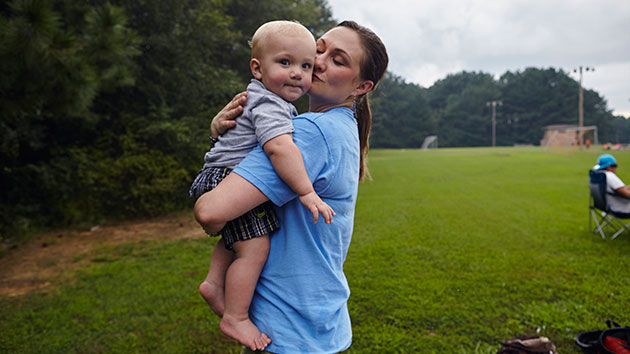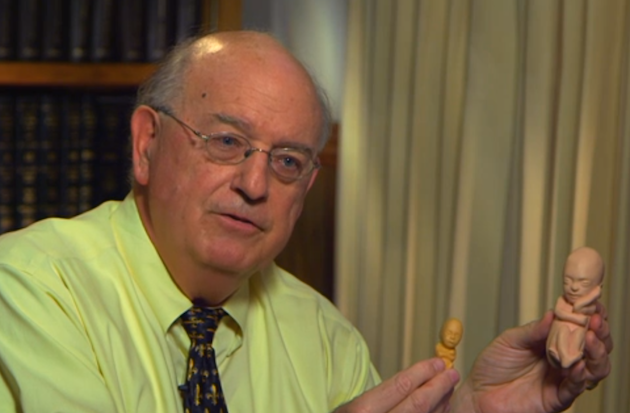
<a href= "http://www.shutterstock.com/gallery-560209p1.html">Howard Klaaste</a>Shutterstock
A subcommittee of the Alabama Governor’s Health Care Improvement Task Force is examining proposals that aim to reform the nation’s harshest “chemical endangerment of a child” statute. The law states that “knowingly, recklessly, or intentionally” exposing a child to controlled substances or drug-making chemicals is a felony punishable by up to 10 years in prison if a child is unharmed, and 99 years if a child dies.
The enforcement of the law, originally intended to prosecute methamphetamine users who exposed children to the drug, has been unusually broad—including, as ProPublica’s Nina Martin previously reported in Mother Jones, the prosecution of pregnant women for exposing their fetuses to even small amounts of anti-anxiety medication. Nearly 500 women have been arrested on related charges since the law passed in 2006.
The law has been criticized by civil rights groups and public health experts for being harmful to those who need the most help—women who are faced with poverty and addiction—and for unfairly prosecuting women who were not drug users at all, but who might have simply taken a small dose of medication that eventually appeared in the blood test of their new babies.
At the task force meeting on Wednesday, Dr. Darlene Traffanstedt, who heads the subcommittee, announced that three proposals were under consideration. One would require prosecutors to offer drug treatment to pregnant women instead of prosecuting them, while another would protect women using drugs that have been legally prescribed to them (which has not been the case since 2006). The third option would hold the law to its “original intent” by preventing its use against women who are using pregnancy-related medication.
The subcommittee’s next meeting is in December, and a draft bill is expected by the beginning of February’s legislative session. Read more about the law and its consequences here.






